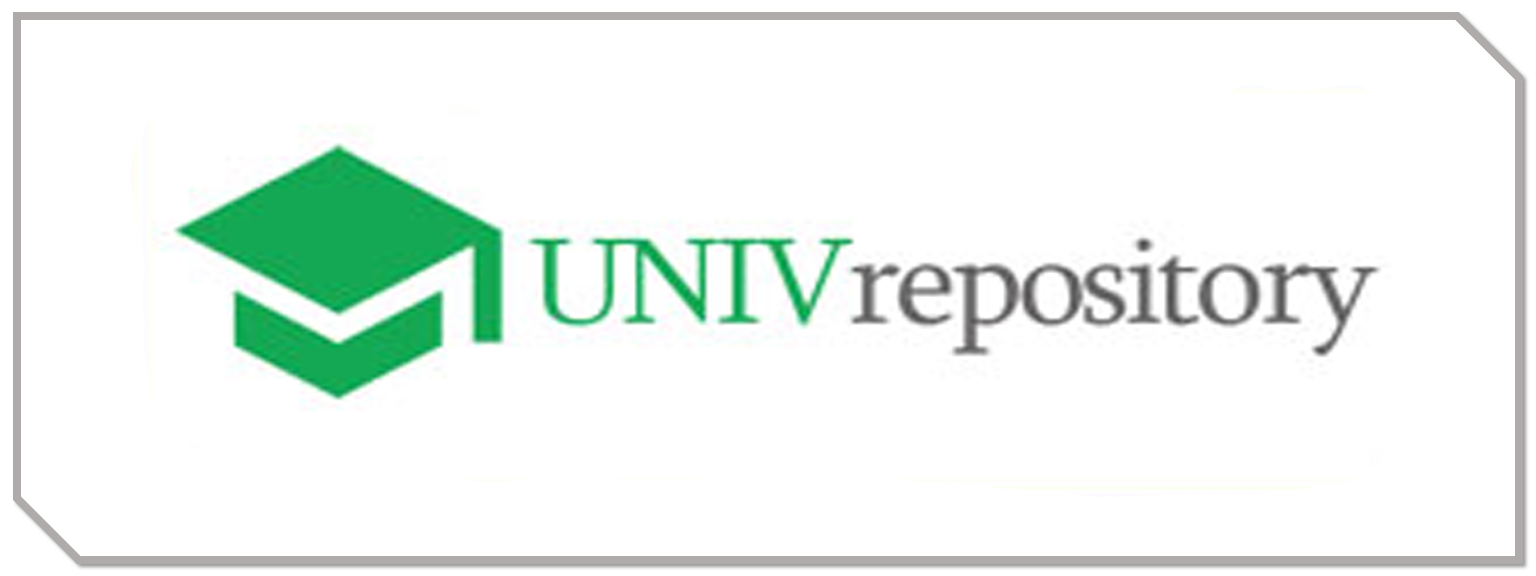KARAKTERISTIK JURU DAKWAH PADA PRIBADI NABI IBRAHIM AS DAN IMPLEMENTASINYA DALAM PRAKTIK DAKWAH KONTEMPORER
Keywords:
Prophet Ibrahim AS, Da'wah, Politeness, Intelligence, Courage, Consistency, TawakalAbstract
This research explores the character of the preacher in the person of Prophet Ibrahim AS and how these traits can be applied in modern da'wah practice. The main focus of this research is on qualities such as obedience, politeness, intelligence, critical thinking, logic, courage, strength, vision, consistency, and trust in God (tawakkul). The research method used is qualitative, with a literature study approach to analyze relevant primary and secondary sources regarding the life and preaching of Prophet Ibrahim (AS). The findings of this research indicate that several of Prophet Ibrahim's characteristics, besides enhancing the effectiveness of preaching, also provide valuable examples for contemporary preachers. Obedience and consistency in teachings, combined with politeness in interactions, intelligence in argumentation, courage in facing challenges and physical strength, as well as trust in God in every effort undertaken, all form an ideal model for today's preaching practices. This article suggests that the application of these characteristics in the context of modern preaching can enhance the effectiveness and integrity of preaching, as well as strengthen the relationship between the preacher and their audience.
References
Dr. Ahmad Muhibbin, M. S., & Dr. Achmad Fathoni, M. P. (n.d.). Filsafat Pendidikan. Muhammadiyah University Press. https://books.google.co.id/books?id=G3JXEAAAQBAJ
Dr. H. Otong Surasman, M. A. (2020). Bercermin pada Nabi Ibrahim. Perspektif. https://books.google.co.id/books?id=LKLzDwAAQBAJ
Dr. Ir. Djoko Soelistya, M. M. C. C. (2021). Buku Ajar: Kepemimpinan Strategis. Nizamia Learning Center. https://books.google.co.id/books?id=MG6BEAAAQBAJ
Hidayatullah, H. (2022). Konsep Karakter Kepemimpinan Nabi Ibrahim AS Dalam Membentuk SDM Unggulan Perspektif Al-Qur’an. Al-Wasathiyah: Journal of Islamic Studies, 1(2), 66–86. https://doi.org/10.56672/alwasathiyah.v1i2.25
Kadir, M. N. A., Sai, M. M., & Majid, L. A. (2013). [ms] Methodology of Dakwah to Non-Muslim Parents Based on Story of Prophet Ibrahim AS. Islāmiyyāt, 35(2), 57–66. https://ejournals.ukm.my/islamiyyat/article/view/4325
Karakter, D., Ibrahim, N., Dan, D. A., & Surasman, O. (n.d.). Dimensions of Prophet Ibrahim ’ s Character in the Quran and Thomas Lickona ’ s Character Education Theory Approach نوكيل ساموت دنع ةيصخشلا يملعت ةيرظن جنهمو يمركلا ن أرقلا في يمهارب ا بينلا ةيصشخ داعب أ صخللما عيطت سي ابهجوبم تيلاو ، نوكيل ساموت امهدق تي. 348–369.
Mufid, M. (2016). Agar di Surga Bersama Nabi. Elex Media Komputindo. https://books.google.co.id/books?id=24lKDwAAQBAJ
Muhammad, S. A. G. M. A. W. I. S. A. G. M. A. (2006). Manajemen Dakwah. Kencana. https://books.google.co.id/books?id=qG_IDwAAQBAJ
Prof. Dr. Alo Liliweri, M. S. (2017). Komunikasi Antar Personal. Prenada Media. https://books.google.co.id/books?id=QvSlDwAAQBAJ
Rahmah, M. N. (2013). Kredibilitas Juru Dakwah sebagai Komunikator. Alhadharah Jurnal Ilmu Dakwah, 12(24), 1–13.
Robinson, S. (2016). The Practice of Integrity in Business. Palgrave Macmillan UK. https://books.google.co.id/books?id=7cYyDQAAQBAJ
Sauma, M. S. (2022). Karakter dan Psikologi Dakwah Nabi Ibrahim AS. An-Nida’: Jurnal Komunikasi Dan Penyiaran Islam, X, 117–139.
Sunandar, D., Tinggi, S., & Darunna, P. (2022). https://ejurnal.stidkis-almardliyyah.ac.id/index.php/El-Fatih. 01, 83–95.
Ulum, A. R. S. (2020). 66 hadis pilihan: penggugah jiwa menjadi muslim unggul dan produktif. Anak Hebat Indonesia. https://books.google.co.id/books?id=1M-vEAAAQBAJ
Wahab, M. A. (2016). Wawasan Al-Qur’an tentang Dakwah Dialogis (Kontekstualisasi Metode Dakwah Nabi Ibrahim AS.). Al Burhan: Jurnal Kajian Ilmu Dan Pengembangan Budaya Al-Qur’an, 16(2), 277–294. https://doi.org/10.53828/alburhan.v16i2.80
Widayati, C., H. Rahardjo, T., & Febriyanti, M. (2017). Pengaruh Gaya Kepemimpinan Transformasional, Motivasi Dan Kompensasi Terhadap Kinerja Karyawan. Jurnal Ekonomi, 22(3), 466–485. https://doi.org/10.24912/je.v22i3.286
Downloads
Published
Issue
Section
License
Copyright (c) 2024 Muhammad Ridwan

This work is licensed under a Creative Commons Attribution-ShareAlike 4.0 International License.








